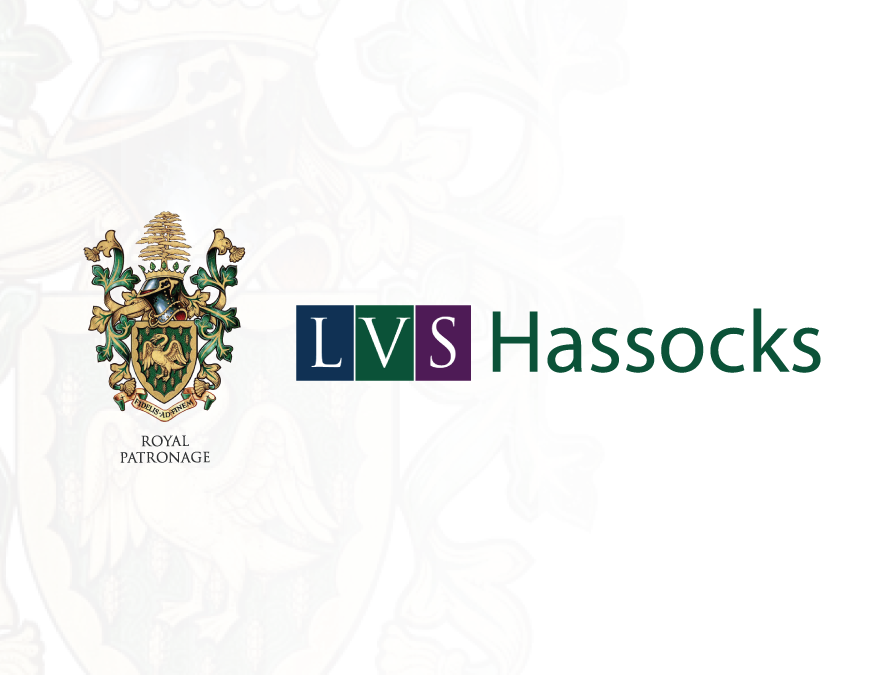More about Therapies (all artworks by our students)
Our Therapy Staff
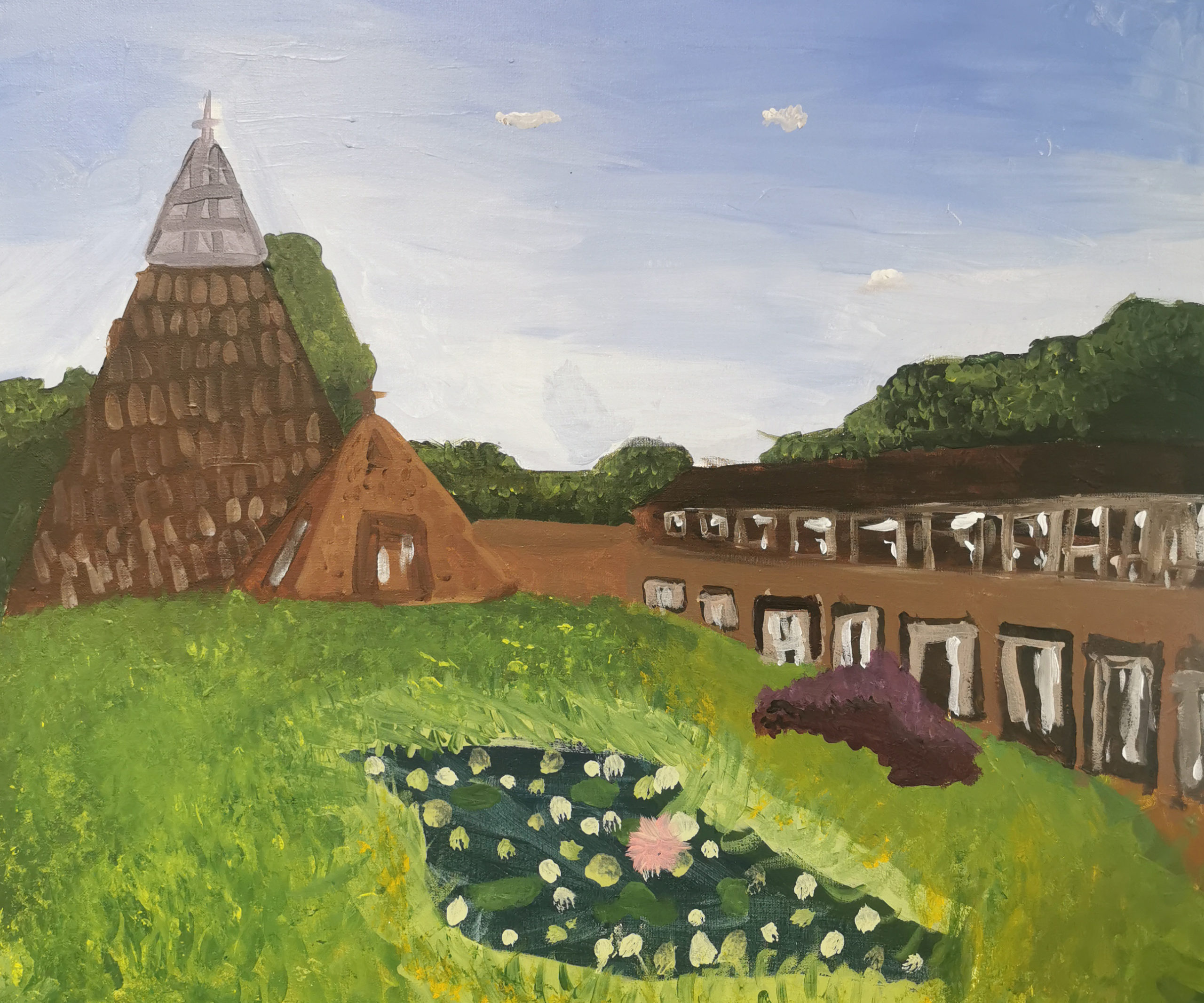
Therapy at LVS Hassocks
This section of our website tells you more about our the role of therapy at LVS Hassocks. Scroll down or click on a button to find out more.

Why Do We Have Therapists Onsite?
As a specialist school for young people with a primary diagnosis of Autism, many students require additional support in a range of areas.
Having onsite therapists means that:
- We can have a flexible approach
- We can have a timely response to student problems
- We can gain rapport with students and get to know the student and their family over a prolonged periods of time
- We understand the local working practices/ environment and context when recommending therapy programmes and can adjust them in a timely manner
- Therapy can be integrated into how the school works
- We can have a supporting framework for our young people
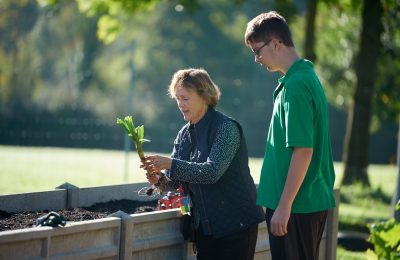
Autism and Communication
Autism is a communication difficulty. Our students all have different difficulties with communication, which could be:
- Social anxiety and finding ‘pressured’ communication difficult
- Knowing the social rules of communicating
- Difficulty understanding pragmatic language, e.g. jokes, sarcasm, idiomatic language
- Difficulty with everyday communicative functions, such as asking for help etc.
- Understanding other’s verbal and non-verbal language
- Initiating and maintaining relationships and friendships
- Predicting how others are thinking and feeling and being able to see things in other people’s perspectives.
- Understanding language
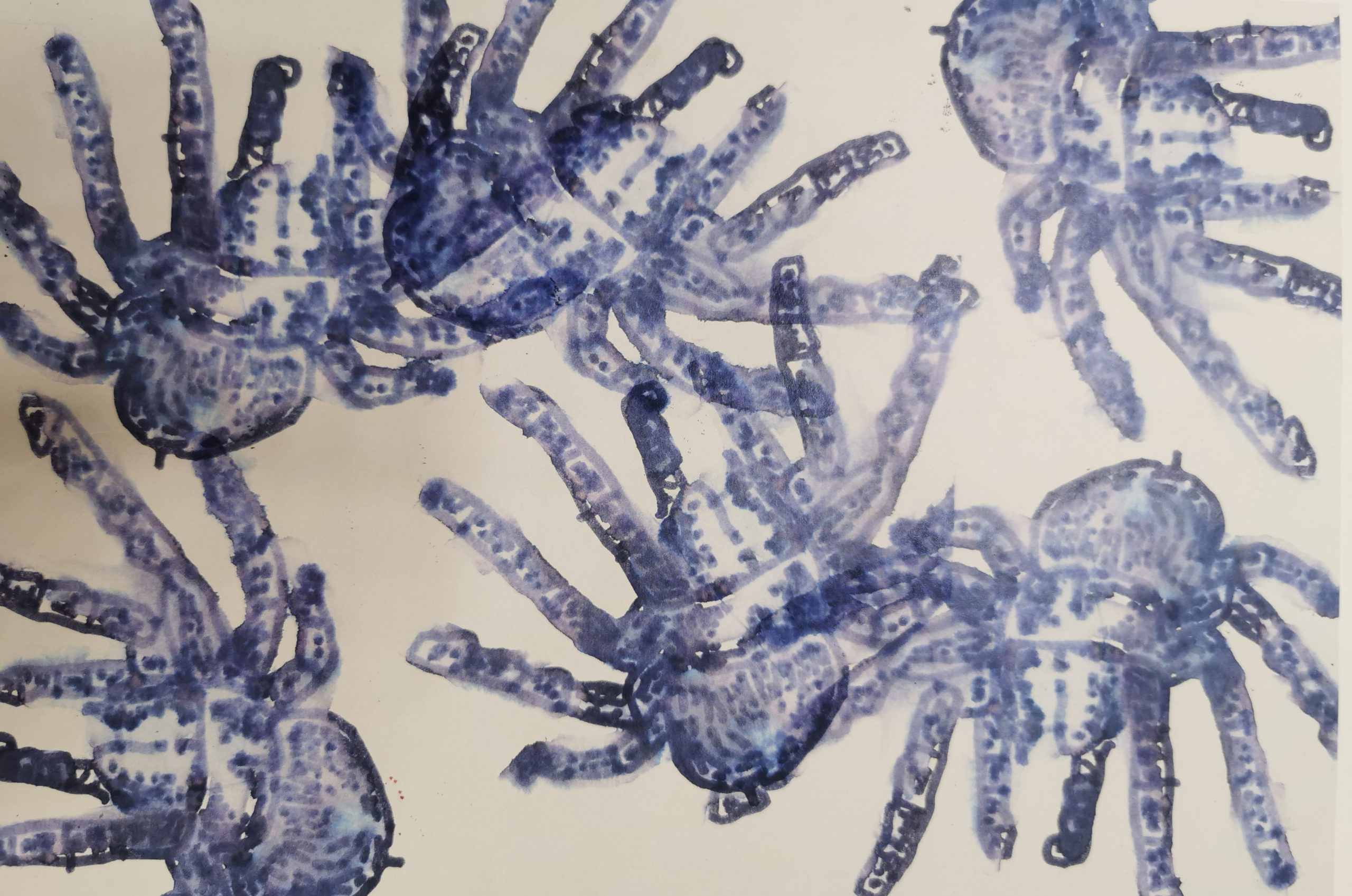
Other Co-occurring Difficulties with Autism
- ADHD
- Language disorder
- Learning needs not associated with autism
- Pathological Demand Avoidance (another profile of ASC)
- Developmental Coordination Disorder
- Dyslexia
- Dyscalculia
- Mental health conditions including anxiety, depression, OCD, eating disorders, PTSD
- Auditory processing
- Executive functioning difficulties
- Attachment disorder
- Developmental trauma
- Ehlers Danlos
- Speech Sound disorders
- Alexithymia
- Other genetic conditions

Targeted Provision
Amongst the strategies and support we have for individual students are:
- Mental health first aid
- Swing room/ sensory room
- Seating proposal
- Safe space
- Individualised visuals and timetables and learning packages
- Frequent meetings and liaison when things aren’t working as well and strategies to make it better
- Sensory circuits
- Emotional Literacy Support Assistant (ELSA)
- Social skills curriculum
- Assessments for students- e.g. Blanks Level for all year 7s to support access to the English curriculum
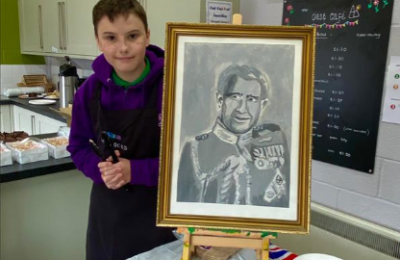
Emotional Literacy Support Assistant (ELSA)
Trained by our Educational Psychologist, our ELSA provides regular targeted support, in blocks, depending on the EHCP provision on the following aspects:
- Loss and bereavement
- Emotional Literacy
- Self-esteem
- Social Skills
- Friendship issues
- Relationships
- Managing strong feelings
- Anxiety and worries
- Bullying
- Conflict
- Emotional Regulation
- Growth Mindset
- Social and therapeutic stories
- Problem solving
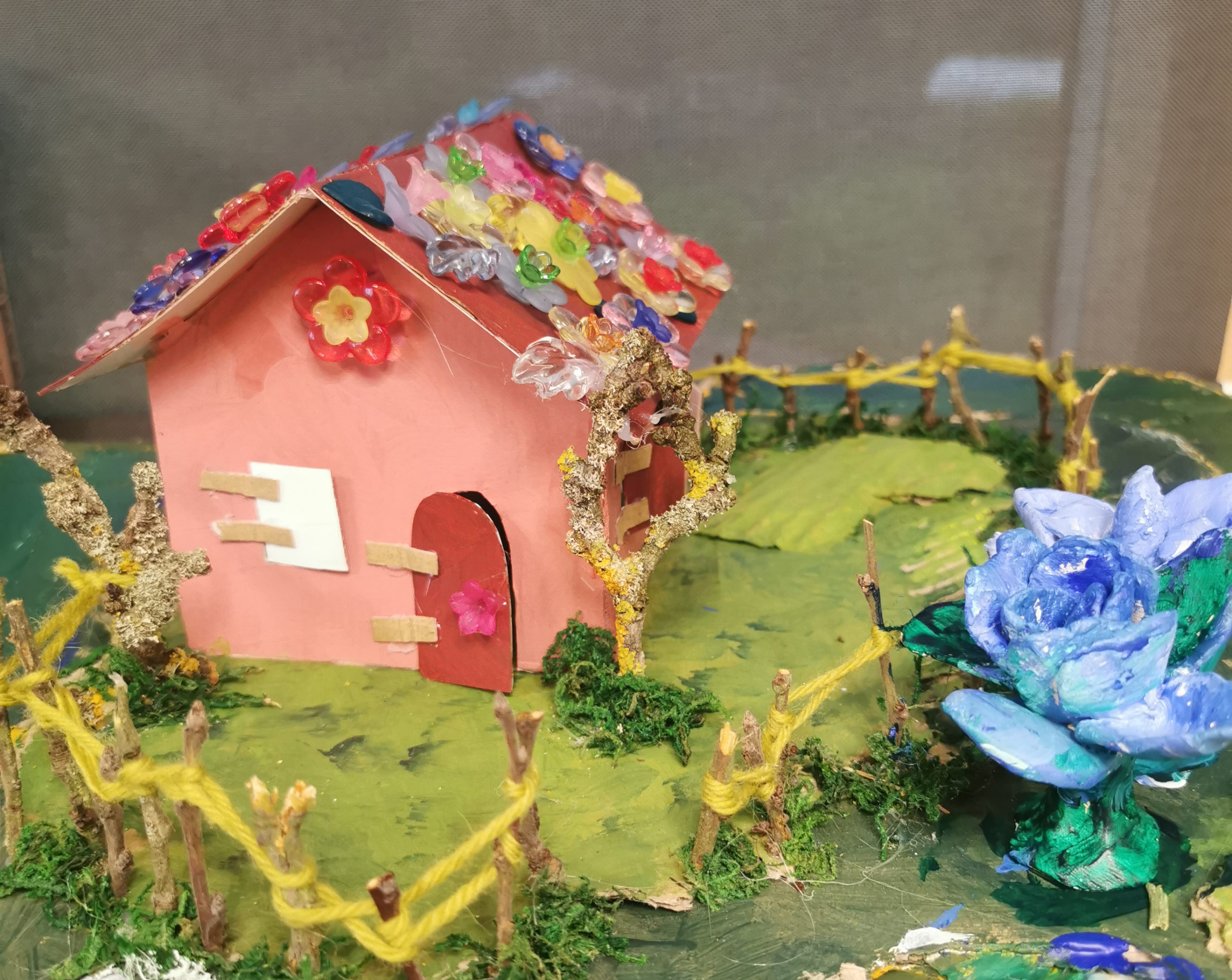
Universal (All School) Provision
As well as student-specific programmes we have universal practices across the school:
- Staff training- including autism and communication friendly classrooms, language impairment, autism strategies, visuals, breaking down social communication, understanding and reframing behaviour, sensory needs, zones of regulation, pathological demand avoidance and strategies to support these students.
- Small class sizes with low stimulation environments, with individual work stations, sensory and learning equipment that have been individualised for students.
- Visuals to support all areas of learning.
- Sensory packs for each class with ear defenders, fidgets, timers and other autism supports.
- Communication supports, e.g. the 3 step process
- Individualised wellbeing plans based on the Zones of Regulation.
- Autism supports each week for supporting understanding change- the Shout Out.
- Therapy modelling in class.
- Supports in the lunch hall for communication and asking for what they need.
- Lunch club
- Teachers with a good knowledge of each student and their main strengths, needs and special interests.
- Learning break lanyards
- Student council supported by therapy
- Autism toolkit
- Parent training

Specialist Provision
Some of the students require further specialised support as the universal and targeted provision don’t fully meet their needs in order to meet EHCP outcomes. This is provision is provided where it is specified in the EHCP.
Those with it specified on their EHCP receive:
- Weekly 1-1 sessions with either a Speech and Language Therapist (SaLT) or an Occupational Therapist (OT)
- Direct sessions which are stated on their EHCP
- Advice for teachers and parents
- Attendance at class meetings
- Attendance at annual reviews
- Termly reports to parents
- Annual review reports
- Environmental assessments/adaptions

The LVS Autism Toolkit
The LVS Autism Toolkit is a pack of resources that all staff at LVS Hassocks are trained how to use. It includes a wide array of resources to support students (click on below for examples).
This toolkit is the basis of all our staff and parent training, and we use it everyday as the basis for our autism strategy here. It includes strategies for:
- Information about autism and some of the co-occurring difficulties of our students
- Creating a communication and autism friendly environment (click here)
- Grounding our students
- Strategies for our demand avoidant students
- Visuals that can be used for teaching and to support students know where they are
- Visuals that include speech and language strategies for learning in maths and English
- Supports for the wellbeing of our students
- Zones of regulation (click here)
- Sensory supports
- Comic strip conversations and social stories
- Supports for restorative justice

Understanding Behaviour
A part of our role is supporting and understanding the student.
Dr Ross Greene (American Clinical Child Psychologist) states that “Children do well if they can- and if they can’t, there is often a lagging skill.”
Skills That Are Needed To Behave Well:
- Self-monitoring
- The capacity to reflect
- Emotional regulation
- Achieving social goals
- Perspective taking
- Empathy
- Decision making
- Understanding cause-effect relationships
- Understanding consequences
- Social problem solving
- Understanding and resolving conflicting emotions

Social Skills Curriculum
We recognised a need for all of our students to get more explicit input and learn some of the skills that they find it difficult to acquire without the explicit support. This now comes into our PSCHE curriculum package.
- Each year group has a tailored curriculum to support them different social communicating skills.
- Things like: How to text, how to understand your emotions and what to do with them, how to be assertive, perspective taking, understanding jokes and humour, having a debate.
We are in the second year of this- and we are looking at how we can make it more effective in terms of generalising the skills from theory to practice.

Monitoring Progress
We monitor progress in a number of ways:
- Self-evaluation (click for example)
- Formal/ informal assessment
- Parent report
- Functional impact
- End of term reports (GAS goals)
- Monitoring wellbeing

Additional Therapies
Here at LVS Hassocks, we believe some students benefit from adapted Cognitive Behavioural Therapy and our clinical psychologist is able to deliver this. Usually, this additional therapy is funded by the placing authority for an agreed number of weeks.



